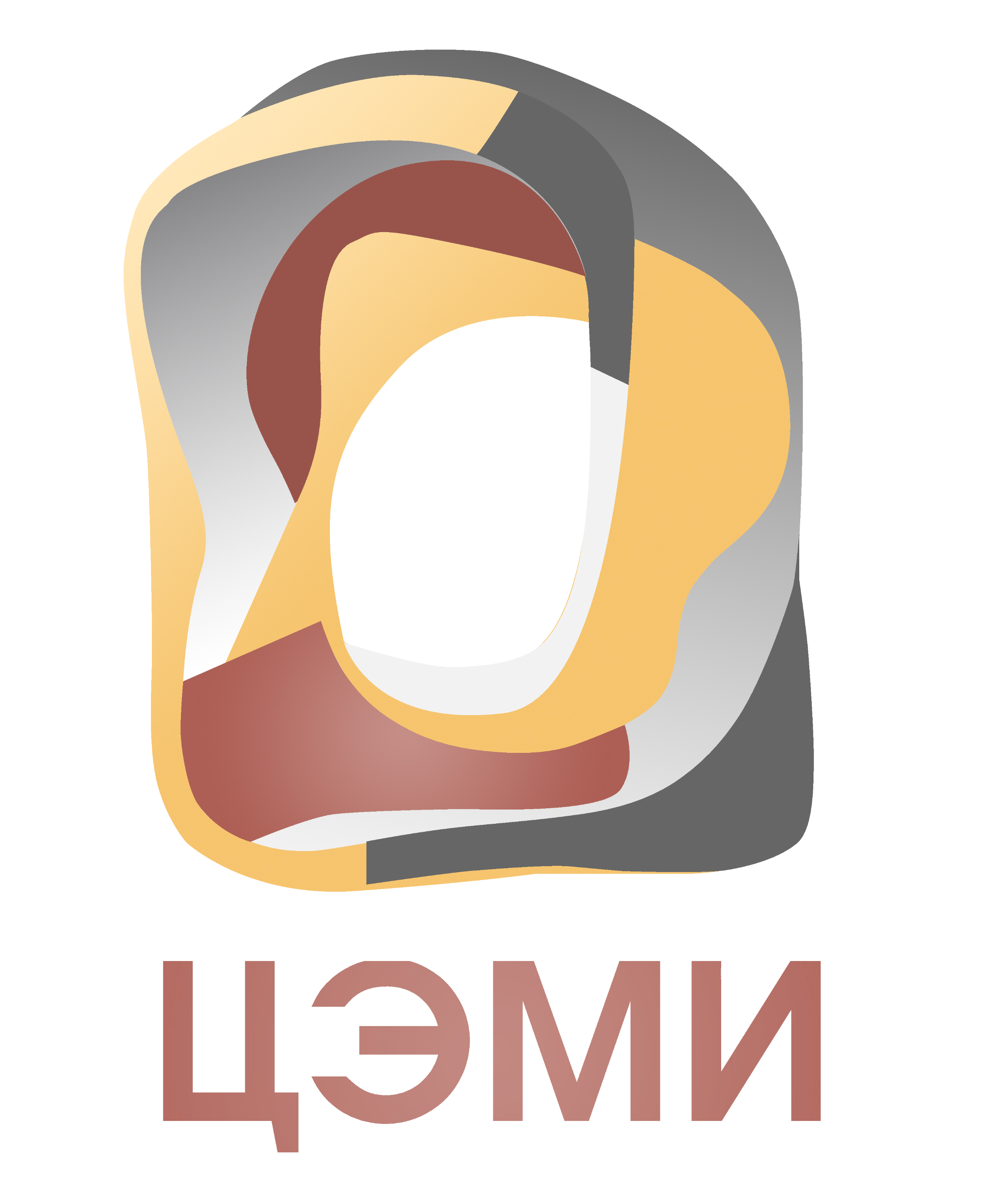
|
ИСТИНА |
Войти в систему Регистрация |
ИСТИНА ЦЭМИ РАН |
||
Role of English in borrowing Asian words into Russian: Lexicographic aspectдоклад на конференции
- Автор: Proshina Zoya G.
- Международная Конференция : World Englishes: Bridging Cultures and Contexts.
- Даты проведения конференции: 8-10 октября 2015
- Дата доклада: 8 октября 2015
- Тип доклада: Устный
- Докладчик: Proshina Zoya G.
- Место проведения: Стамбул, Босфорский университет, Турция
-
Аннотация доклада:
The presentation will discuss the Englishization of Chinese, Korean, and Japanese words borrowed by the Russian language and the challenges the indirect borrowing brings about. These challenges result from the difference in the sound systems of the languages concerned, various standards of Romanization writings (Wade-Giles and Pinyin for Chinese, MacCune-Reishauer and New Korean system for Korean; Hepburn and Kunrei for Japanese), incomplete correlation between Latin and Cyrillic alphabets (26 letters in English and 33 in Russian), non-traditional spelling, incongruity between Asian Romanization writing and reading these words, and a trend to transliterate words as if they were English rather than transcribe Asian loans. The principles and structures of English-Russian and Russian-English bilingual dictionaries of East Asian culture-loaded words will be dwelt upon. The English-Russian dictionary compiled during a field research in California mirrors American English and Asian contacts and their history. The Russian-English dictionary reflects language and culture contacts between Asian people and Russian, with English not infrequently serving as a contact mediator, or a lingua franca. The vocabulary of both dictionaries includes direct phonetic loans, semantic loans and loan translations from Asian languages, loans from other languages that have been in contact with East Asian cultures, derivatives from Asian loans, words coined from English stems in Asia, re-borrowed words, pidginized forms, as well as English and Russian words revealing history of contacts and attitudes of Western people towards Asian population and vice versa. While in the early 20th century many of the Asian words appeared in Russian directly, the second half of the century saw a great number of loanwords that were brought to Russian via English, resulting in duplicates and visual and auditive deformations of loans. In this context, the need for dictionaries becomes urgent.
- Добавил в систему: Прошина Зоя Григорьевна